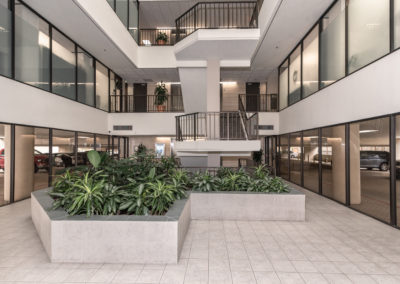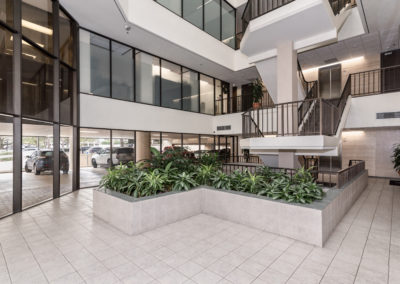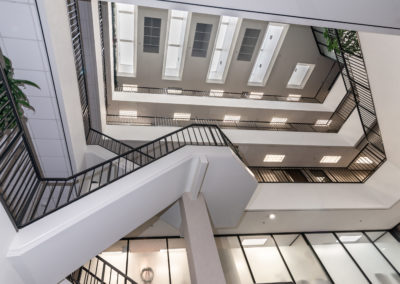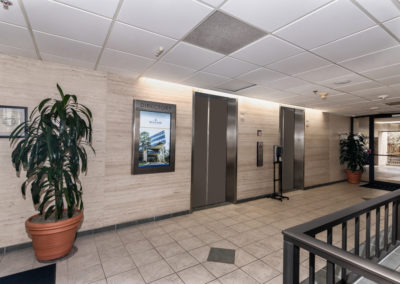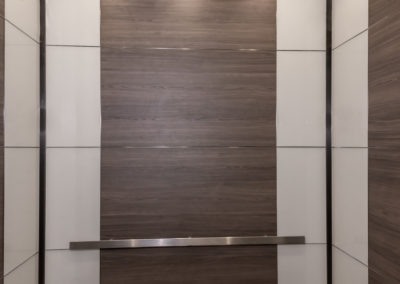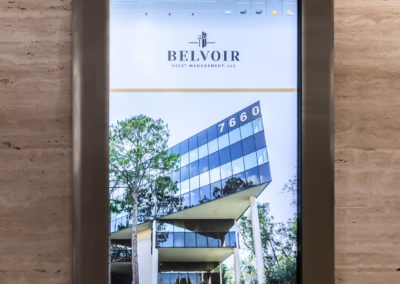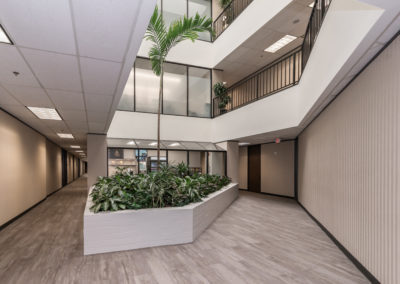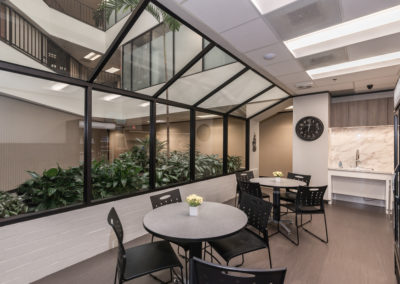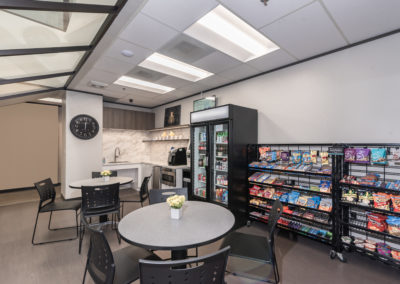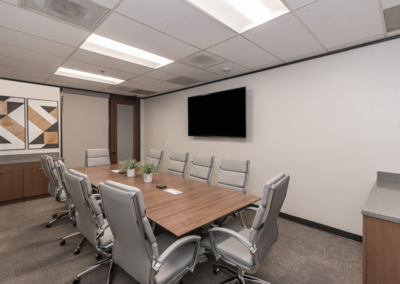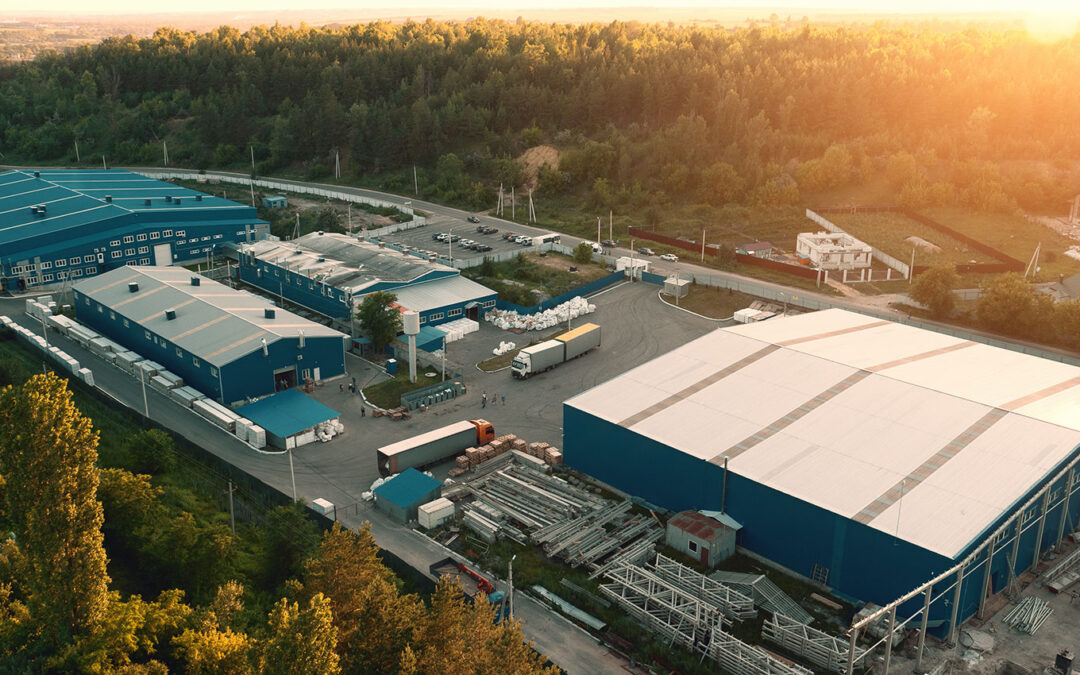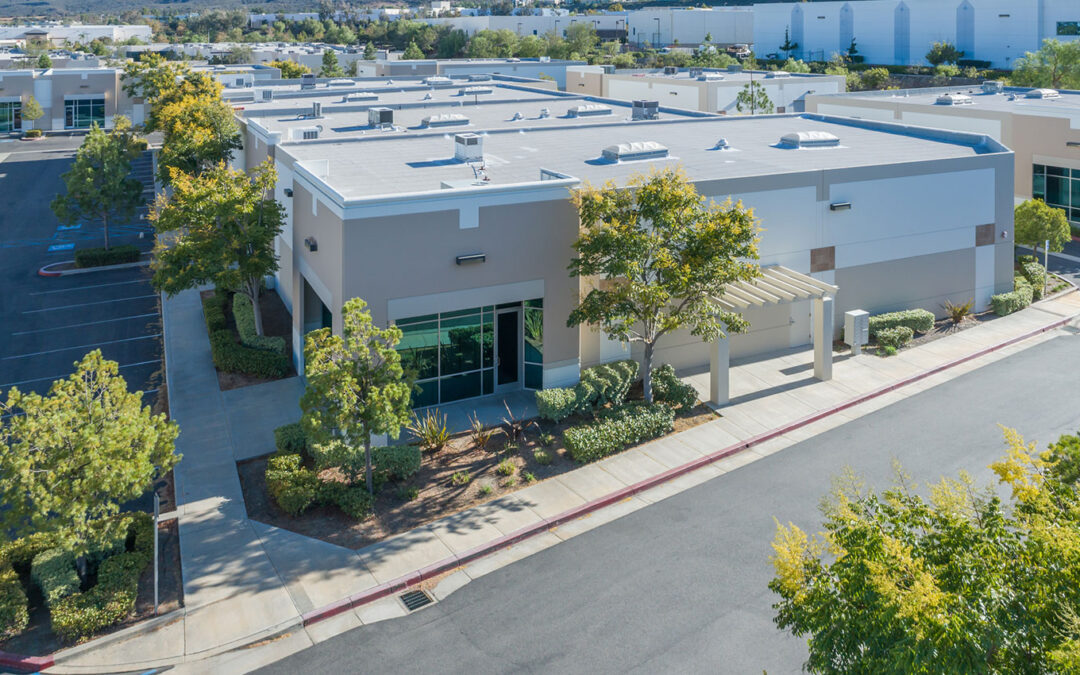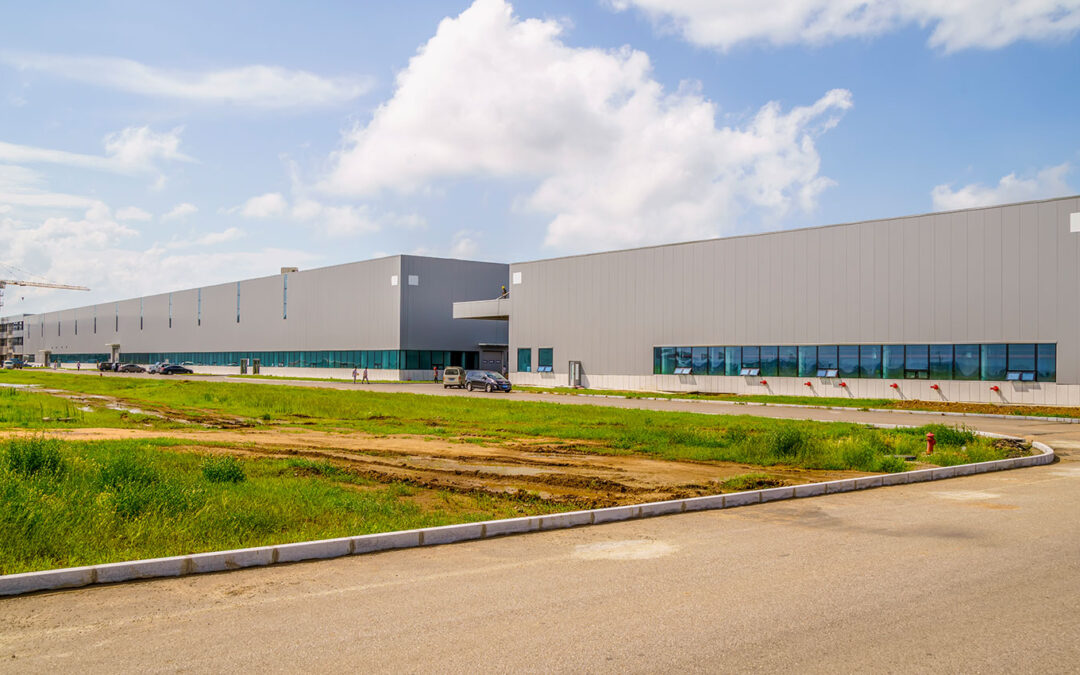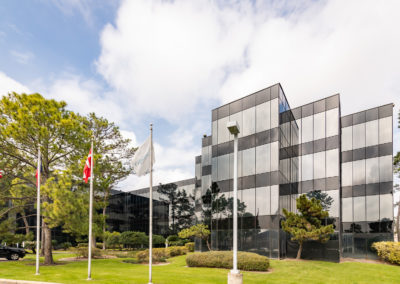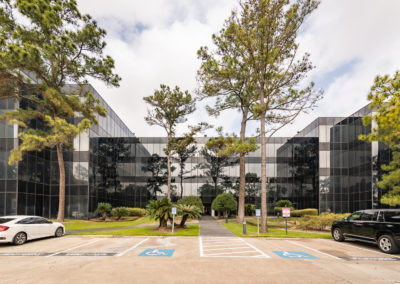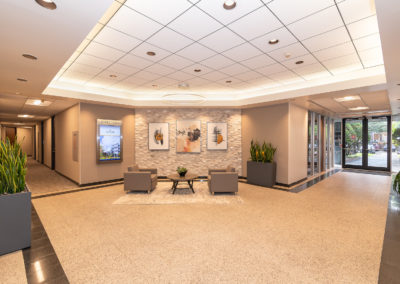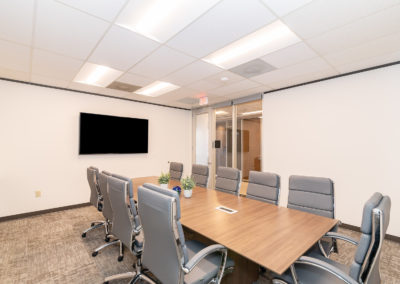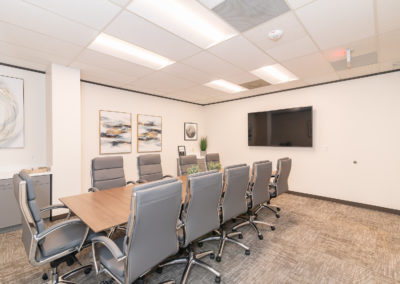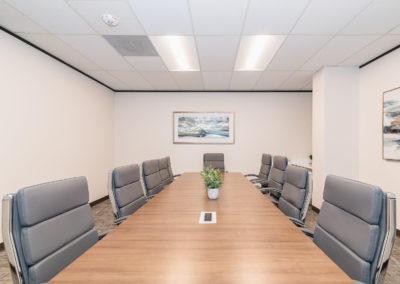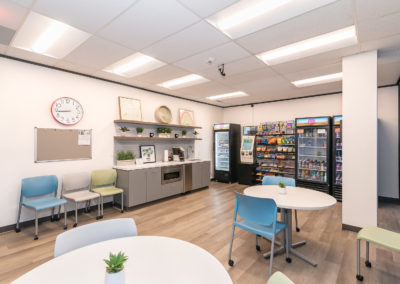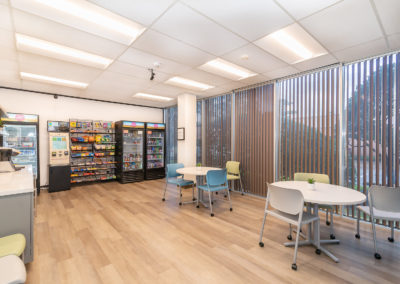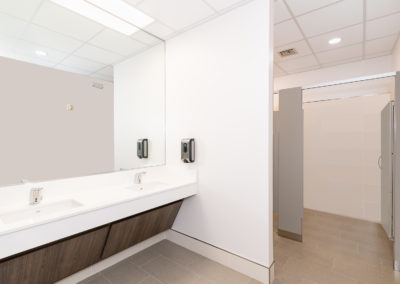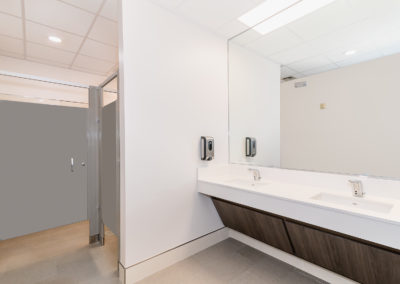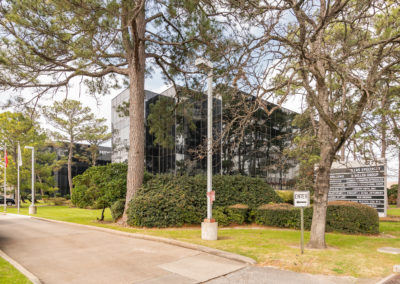It’s no secret in the world of real estate that coworking spaces have rapidly grown in popularity in recent years, thanks to a younger generation entering the workforce and pushing for more work-life balance flexibility. But WeWork, the face of coworking space, recently experienced an embarrassing fiasco: after filing the paperwork for its initial public offering in August, its finances and the antics of its CEO Adam Neumann were scrutinized in the media. This ultimately led to Neumann’s exit from the company, a layoff of 2,400 employees and its largest investor taking over its operations after the IPO was delayed indefinitely. While this may cause Houston-area investors to bite their nails, a closer look at the current state of coworking spaces in the Bayou City provides some relief.
Despite WeWork’s troubles at the corporate level, the company’s footprint continues to expand in Houston. The coworking giant already occupies 56,000SF at Galleria Tower I on Post Oak Boulevard, and recently announced plans to open two additional floors there. This is in addition to 50,000SF of space across two floors announced for a new downtown location at 609 Main, bringing the total of WeWork’s downtown Houston locations to two. Yet another location recently opened in The Woodlands.
WeWork’s IPO may have failed, but coworking itself won’t. Nationally, coworking spaces represent just 1.8 percent of office space, with lots of runway to continue with consistent growth. The biggest challenge for coworking spaces may, in fact, be a lack of available supply – which explains why large real estate companies such as Houston-based Hines have announced coworking initiatives.
And the Houston area has seen a recent surge of coworking spaces, including California-based CommonGrounds in Greenway Plaza, New York City-based Bond Collective downtown and The Cannon – a 120,000SF entrepreneurial campus in west Houston.
Despite WeWork’s IPO failure, coworking is clearly still on the rise in the Bayou City and in major cities in the United States, as demand remains high for space that younger companies and entrepreneurs can thrive in.


